
Where Our Forks Point: Reflections on Change, Community, and the Future of Food
At La Soupe, we believe that chefs are catalysts for change. We’re more than cooks. We’re educators, advocates, and connectors shaping what’s grown, how it’s grown, and how it’s shared. But this influence isn’t ours alone. Every home cook, volunteer, and eater has power. Every farmers market visit, every choice to support a local business, every hour given to a community kitchen helps build a better system.
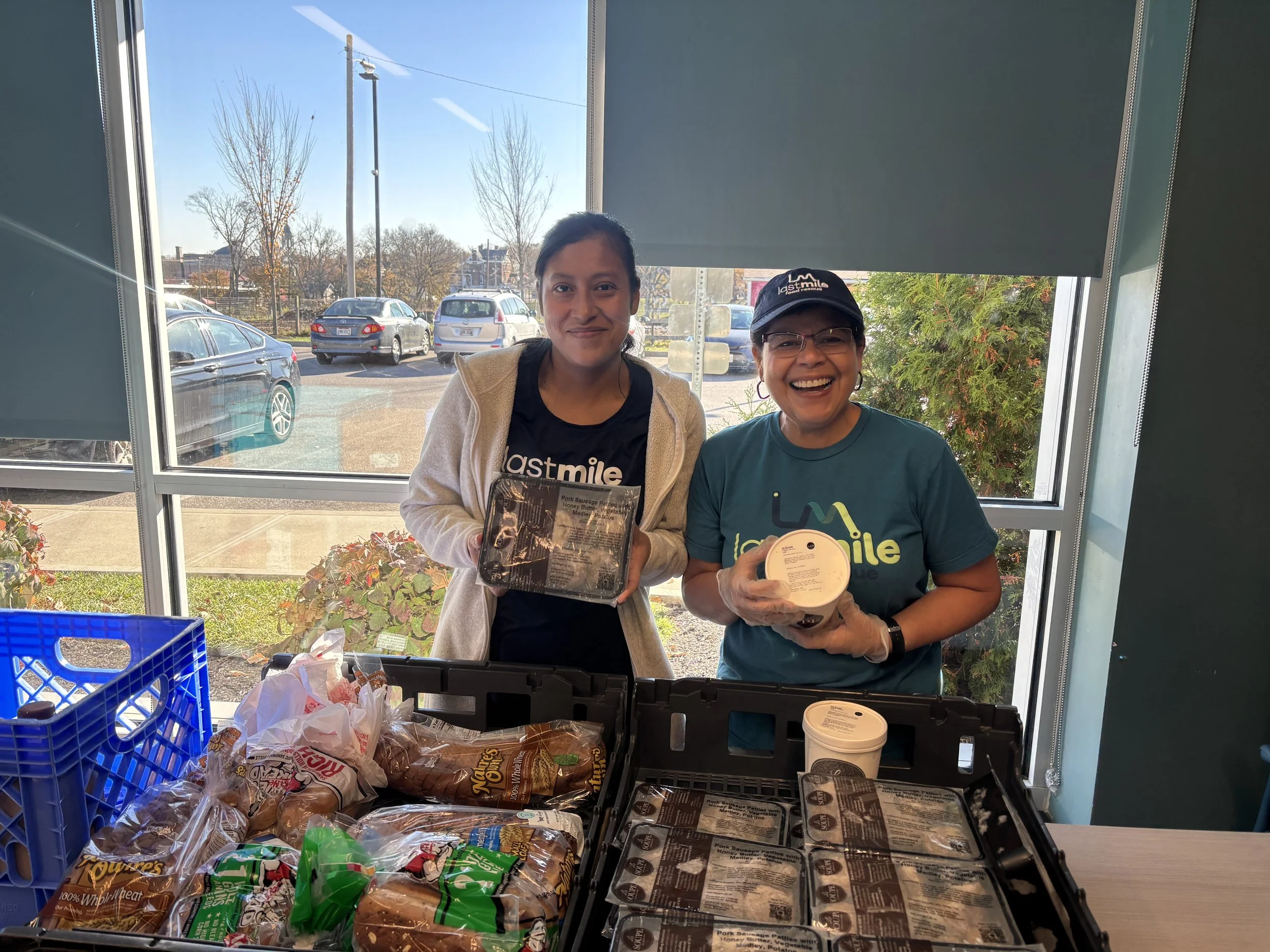
Turning Good Food into Good Days Across Our Community
At La Soupe, our mission is clear: rescue nutritious food, transform it with care, and share it as ready-to-eat meals that nourish our community. Every partnership we build is rooted in that purpose — ensuring good food never goes to waste and that neighbors can count on dignified, delicious meals.
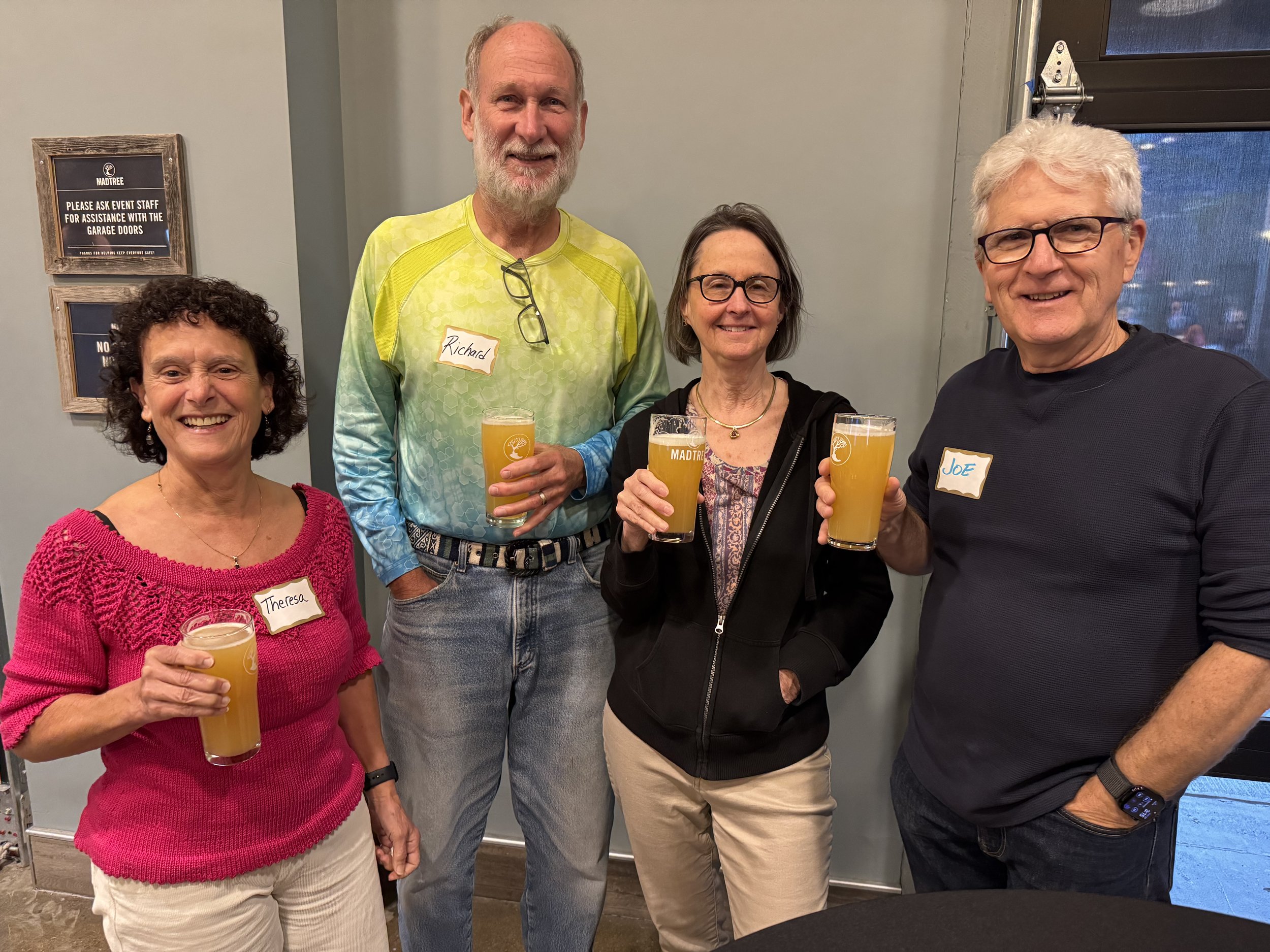
Celebrating the Heart of La Soupe: Our Volunteers
Every hour volunteered, every mile driven, and every meal saved fuels La Soupe’s mission. As we celebrate ten years of operation and look ahead to what’s next, we do so with deep gratitude for the volunteers who continue to show up — quietly, generously, and wholeheartedly.
You are the heart of La Soupe. Thank you for making this work possible.

Feeding Innovation: How Local Kitchens Are Transforming Food Rescue in Their Communities
Across the U.S., communities are searching for sustainable ways to fight food insecurity—and many are finding answers in La Soupe’s chef-driven Rescue Transform Share™ model. This approach turns rescued ingredients into nutritious meals while restoring dignity to the emergency food system

Blooming for Good: How a Local Child has turned flowers into La Soupe Donations
On a corner in Fort Thomas, a little flower stand became a bright spot for neighbors each weekend. Josie Soltes, a youngster with a smile as adorable as the zinnias she sells, stood behind the stand most summer weekends, raising donations for La Soupe.
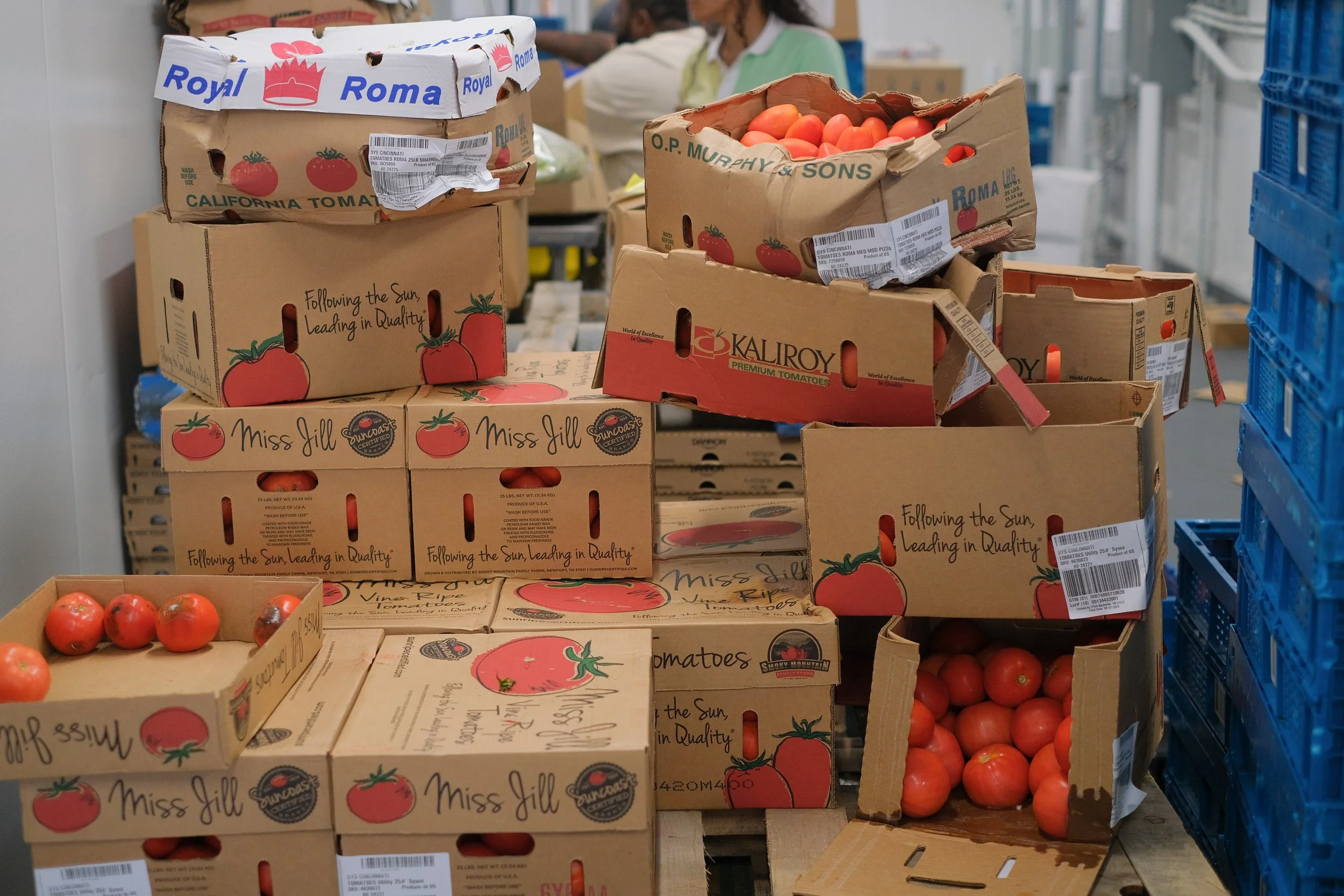
From Rejected to Rescued: Building a Better Path for Declined Food Loads
At La Soupe, we see firsthand how these rejected loads can still lead to recovery. Recently, several pallets of milk were dismissed when a sudden hard stop caused them to shift off their pallets in transit.
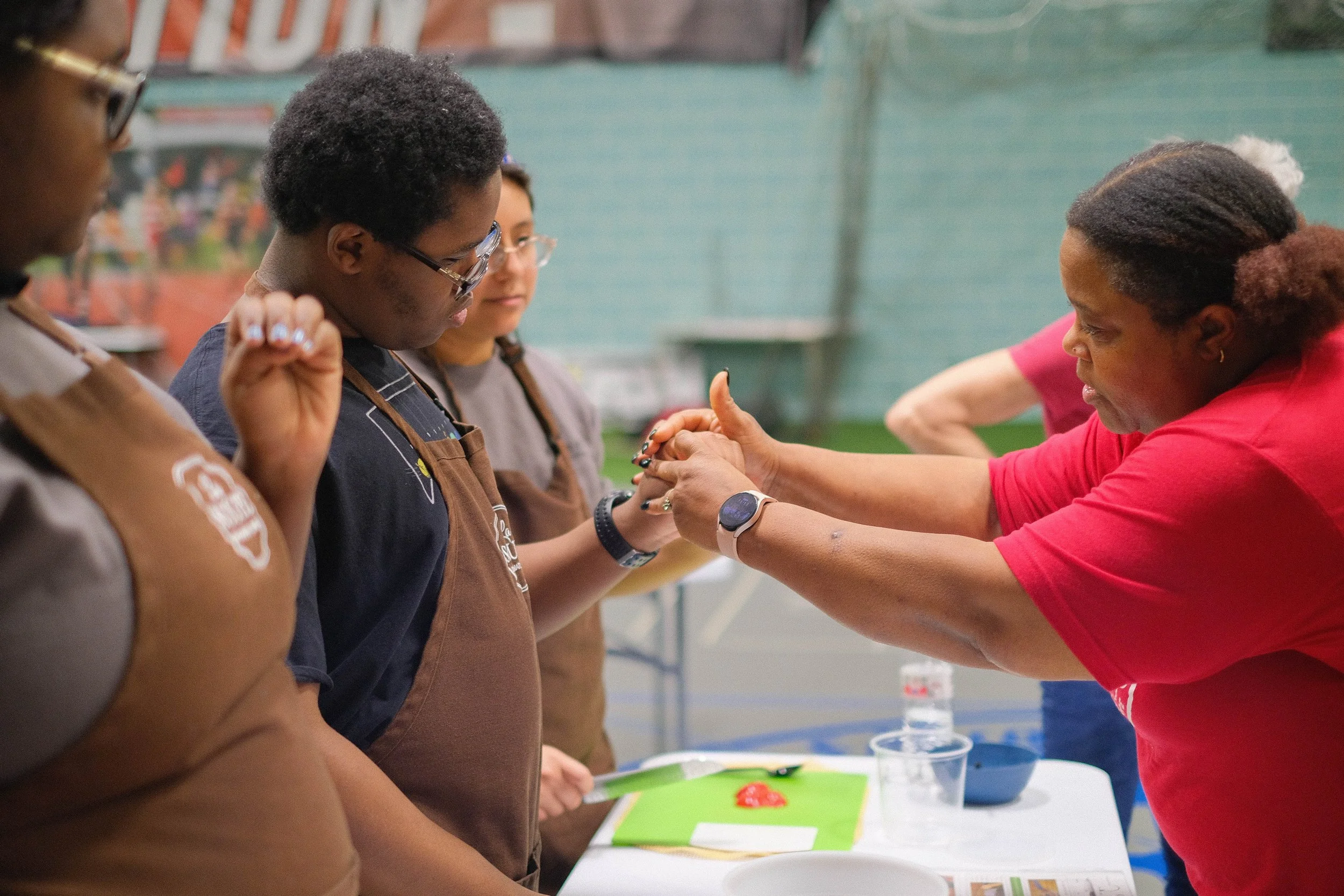
Give A Crock cooking classes have helped students find confidence in the kitchen since 2015
This six-week program, taught in schools and community partners by La Soupe’s trained culinary instructors, shows students the basics of cooking–how to measure ingredients, how to properly use a chef’s knife, and most importantly, how to create enjoyable food from scratch.

La Soupe’s Rescue Kitchen Network Is Growing, and it’s Looking for New Partners
Big things are cooking in La Soupe’s kitchen—literally and figuratively.
We’re thrilled to share that the second cohort of La Soupe’s Capacity Building Program has officially graduated! These rockstar organizations are now stepping into the next phase: scaling up their kitchens and launching their own Rescue Kitchens to fight food waste and food insecurity in their communities.

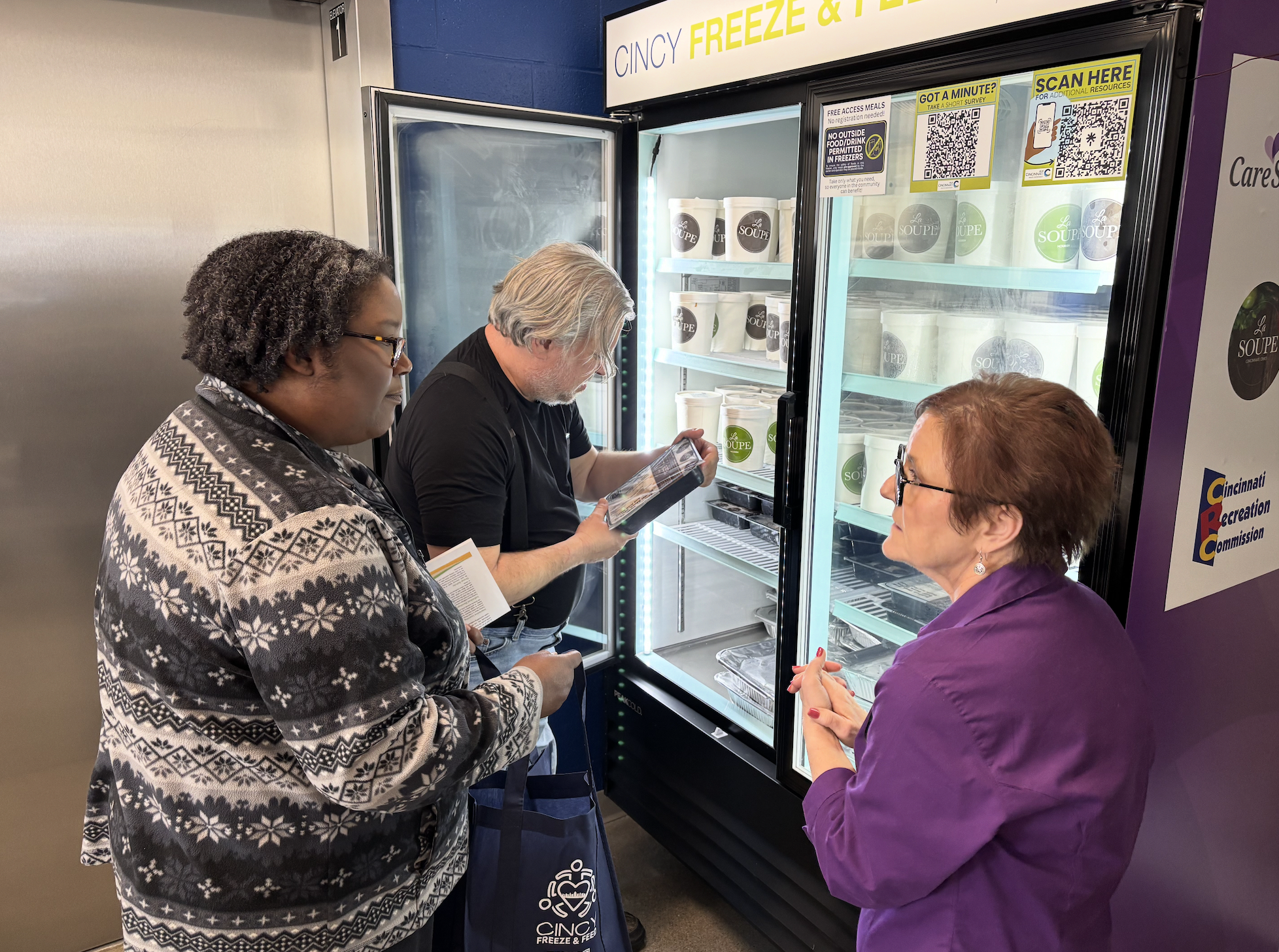
Why Sharing Food Matters More Than Ever
La Soupe’s Share Program partners with over 160 local nonprofits. These groups serve people experiencing homelessness, poverty, and personal crises. Some run after-school programs for kids, others help individuals recovering from addiction or escaping domestic violence. Many lack full kitchens or staff to prepare meals onsite.

When a Diagnosis Comes with a Diet, But No Way to Follow It
Through the Nourish pillar, La Soupe prepares Medically Tailored Meals (MTMs) designed to meet the specific dietary needs of people with chronic health conditions. These meals are delivered to individuals who are facing food insecurity and lack access to healthy food, an obstacle that can make managing illness difficult, stressful, and costly.

Cincinnati Chefs Combat Waste, Feed Communities
Here’s how it works: La Soupe delivers buckets of surplus food rescued from farms, grocers, and manufacturers to partnering chefs and restaurants. Those ingredients, combined with extra scraps or items from their own kitchens, is then used to make gallons of soupe.

The Truth About Expiration Dates: Are You Throwing Away Good Food?
There are nearly 50 different types of date labels being used across the food industry since there is no federal regulation (except for infant formula). Manufacturers, food marketers, and the U.S. Food and Drug Administration all use these terms to do different things without any real consistency.

Cardinal Pacelli Brings Impact to Cincinnati With La Soupe Collaboration
Cardinal Pacelli, a preschool through grade eight parochial school with around 420 students, began the food drive in 2022 during Catholic Schools Week.

A Decade of Impact: Mimi Dyer's pivotal contribution to La Soupe's founding
Mimi’s journey from a volunteer at La Soupe has evolved. She has helped us establish our identity and served as a leader on our Board of Directors. She was most proud of using our tagline, Rescue | Transform | Share as the primary program that donors could support.

Turning Compassion into Action in Fight Against Food Uncertainty
Through her experience with La Soupe, Laura has gained a deeper understanding of food rescue and how it can be used to help those in need. In addition to learning about how food rescue works, she has also been amazed at how the chef team at La Soupe transforms surplus food into beautiful, nourishing meals.
Growing with Purpose
Over the past year, as part of creating La Soupe’s three-year strategic plan, we took time with our staff to define the core values we want to uphold and hold each other accountable to in our work and mission. Here is what we developed together:

Food To The People
Grow Six volunteers might ask someone walking by what types of greens, tomatoes, or peppers they would be interested in cooking and eating. Through its school programs, Grow Six asks what students do and do not like. Grow Six also works with UC Health patients who may have suffered a heart attack or stroke, needed a knee replacement, or are pre-diabetic, and the same questions. The hope is that asking the community what it likes will not only ensure Grow Six’s harvest is fully used, but also encourage healthy eating habits.

